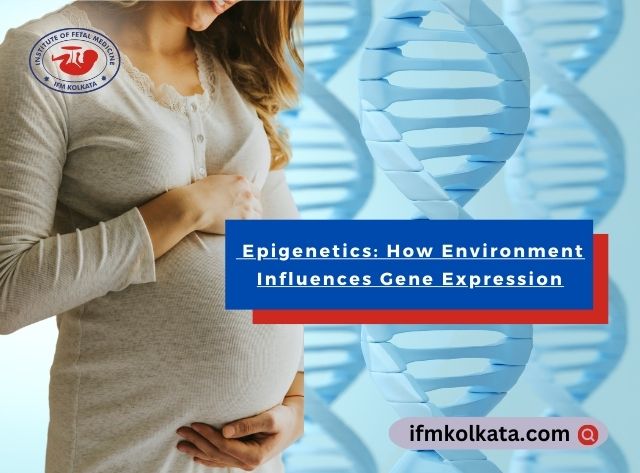Epigenetics is the study of how environmental factors influence gene expression without altering the underlying DNA sequence. This rapidly evolving field has shed light on how our behaviours and surroundings can have a profound impact on our health, even across generations.
One of the key concepts in epigenetics is that certain environmental factors, such as diet, stress, and exposure to toxins, can trigger chemical modifications to DNA that turn genes on or off. These modifications, known as epigenetic marks, do not change the genetic code itself but can influence how genes are expressed. For example, a mother’s diet during pregnancy can affect the epigenetic marks on her child’s genes, potentially influencing their health and susceptibility to diseases like obesity or diabetes later in life.
Epigenetic changes are reversible and can be influenced by lifestyle choices, which opens up exciting possibilities for disease prevention and treatment. For instance, research has shown that regular exercise and a healthy diet can positively impact gene expression, potentially reducing the risk of chronic conditions like heart disease or cancer.
One of the most intriguing aspects of epigenetics is its potential for transgenerational effects. Studies have shown that epigenetic changes can be passed down to future generations, meaning that the lifestyle choices and environmental exposures of one generation can influence the health of their descendants. This raises important questions about how we manage public health and environmental policies to protect future generations.
Epigenetics reveals how our environment and lifestyle choices can shape our genetic destiny. While the field is still in its early stages, the insights it provides have the potential to revolutionize our approach to health and disease prevention.

